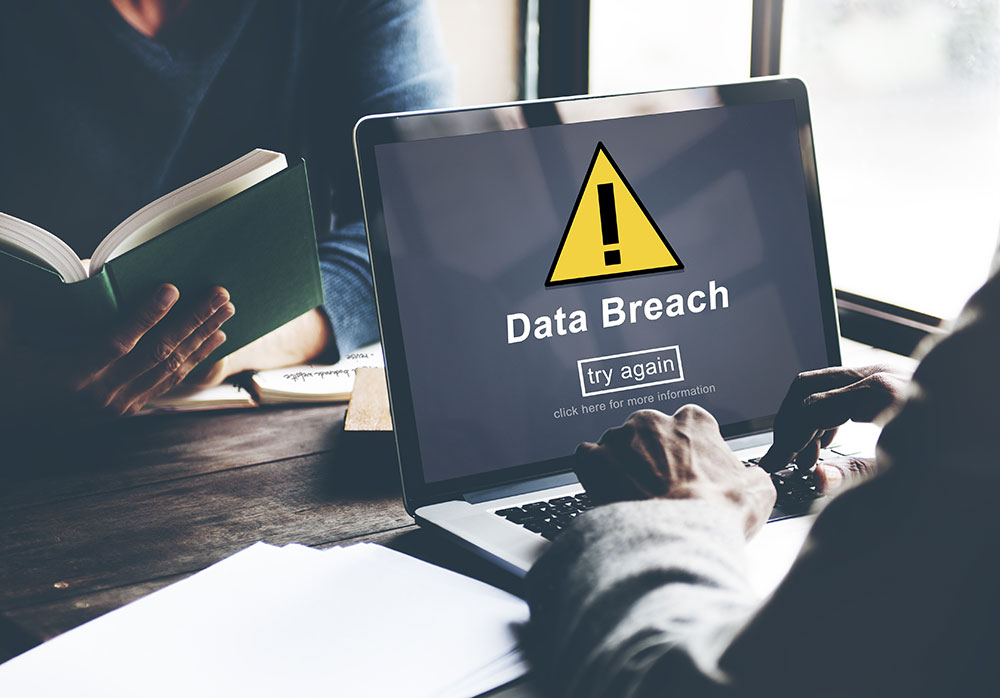In an age in which data breaches and facts leaks have become an increasing number of common defensive your private data is greater important than ever.Whether it’s through cyber attack insider threats or smooth human errors your non-public records may be liable to exposure. Here’s a entire guide on a manner to shield your personal records from being leaked.
1. Understand the Risks
Before diving into shielding measures it’s important to understand the forms of risks you face. Personal records may be leaked thru:
Phishing Attacks: Deceptive emails or messages designed to trick you into providing private records.
Malware and Viruses: Malicious software that could thieve or destroy facts.
Weak Passwords: Easily guessable passwords that provide clean get right of entry to on your money owed.
Unsecured Networks: Using public Wi-Fi with out proper safety can expose your information.
Social Engineering: Manipulating individuals into divulging confidential records.
2. Use Strong Unique Passwords
Passwords are your first line of defense in opposition to unauthorized get right of entry to. To ensure your passwords are sturdy:
Use a Mix of Characters: Include letters (both uppercase and lowercase) numbers and unique characters.
Avoid Common Words and Phrases: Steer clear of effortlessly guessable passwords like “password123” or “qwerty.”
Make it Long: Aim for as a minimum 12 characters.
Use a Password Manager: Tools like LastPass or 1Password can generate and keep complicated passwords securely.
Example:
Instead of using “john1234” opt for something like “J0hN!Ninety two#@4Fv”.
3. Enable Two-Factor Authentication (2FA)
Two-factor authentication provides a further layer of security with the aid of requiring a second shape of verification:
SMS Codes: Receive a code via textual content message.
Authentication Apps: Use apps like Google Authenticator or Authy.
Biometric Verification: Fingerprint or facial recognition.
Example:
After coming into your password you’ll acquire a code in your telephone that you want to enter to access your account.
4. Keep Your Software Updated
Software updates frequently include safety patches that restoration vulnerabilities:
Enable Automatic Updates: Ensure your operating system antivirus software program and one of a kind applications are always up to date.
Update Firmware: Don’t forget about approximately to update the firmware on devices like routers and clever home devices.
5. Be Wary of Phishing Scams
Phishing scams are one of the most not unusual approaches personal records receives leaked:
Check Email Sources: Verify the sender’s e mail address earlier than clicking on any hyperlinks or downloading attachments.
Look for Red Flags: Poor grammar urgent requests or unexpected greetings.
Hover Over Links: See in which a link leads before clicking on it.
Example:
Instead of clicking a link in an electronic mail from “Apple Support” without checking hover over it to see if it leads to an real Apple internet site.
6.Use Secure Connections
When surfing the net or dealing with touchy information:
Use HTTPS Websites: Ensure web sites you go to use HTTPS which encrypts information among your browser and the server.
Avoid Public Wi-Fi for Sensitive Transactions: Use a VPN in case you need to access touchy information over public Wi-Fi.
Example:
Use a relied on VPN service like NordVPN or ExpressVPN to encrypt your net connection.
7. Regularly Monitor Your Accounts
Keeping a watch to your bills can help you capture suspicious pastime early:
Check Bank Statements: Regularly overview your bank and credit card statements for unusual transactions.
Set Up Alerts: Enable notifications for any large transactions or changes to your account.
8. Limit Data Sharing
Be mindful of the quantity of private facts you percentage on line:
Social Media Privacy Settings: Adjust privateness settings to restriction who can see your information.
Avoid Oversharing: Don’t put up private information like your address, smartphone number or excursion plans publicly.
Example:
Instead of sharing your cellphone range on a public discussion board, choose to percentage it thru an instantaneous message or email.
9. Secure Your Devices
Physical get admission to on your gadgets can cause facts robbery:
Use Password Protection: Set robust passwords or PINs in your devices.
Enable Remote Wipe: Use functions like Find My iPhone or Android Device Manager to remotely erase facts if your device is out of place or stolen.
Encrypt Your Data: Enable encryption on your gadgets to defend your data from unauthorized get right of access to.
10. Educate Yourself and Others
Staying informed approximately the present day security threats and best practices is important:
Take Online Courses: Websites like Coursera and Udemy provide guides on cybersecurity.
Follow Security Blogs: Stay updated by following professional safety blogs like Krebs on Security or the respectable blog of your antivirus company.
Share Knowledge: Educate circle of relatives and pals about defensive their non-public data.
Conclusion
Protecting your personal statistics from being leaked calls for a aggregate of vigilance strong security practices and non-stop schooling. By enforcing the steps outlined above you can considerably reduce the hazard of your non-public statistics being compromised. Stay proactive and make statistics safety a concern for your digital lifestyles.


2 Comments
На этом сайте вы можете приобрести виртуальные телефонные номера разных операторов. Они могут использоваться для подтверждения аккаунтов в различных сервисах и приложениях.
В ассортименте доступны как постоянные, так и временные номера, что можно использовать чтобы принять сообщений. Это удобное решение для тех, кто не желает использовать основной номер в сети.
стим регистрация
Оформление заказа очень простой: определяетесь с необходимый номер, оплачиваете, и он сразу становится доступен. Попробуйте услугу уже сегодня!
Thank you for your sharing. I am worried that I lack creative ideas. It is your article that makes me full of hope. Thank you. But, I have a question, can you help me?